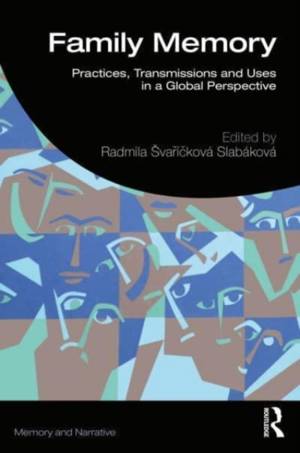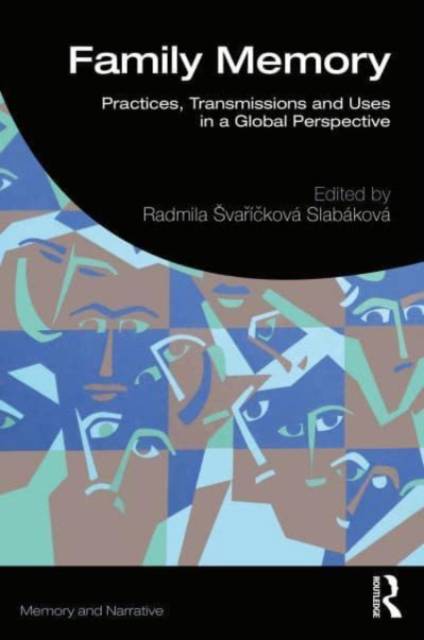
- Retrait gratuit dans votre magasin Club
- 7.000.000 titres dans notre catalogue
- Payer en toute sécurité
- Toujours un magasin près de chez vous
- Retrait gratuit dans votre magasin Club
- 7.000.000 titres dans notre catalogue
- Payer en toute sécurité
- Toujours un magasin près de chez vous
Family Memory
Practices, Transmissions and Uses in a Global Perspective
Description
In Family Memory: Practices, Transmissions and Uses in a Global Perspective, researchers from five different continents explore the significance of family memory as an analytical tool and a research concept.
Family memory is the most important memory community. This volume illustrates the range and power of family memories, often neglected by memory studies dealing with larger mnemonic entities. This book highlights the potential of family memory research for understanding societies'past and present and the need for a more comprehensive and systematic use of family memories. The contributors explain how family memories can be a valuable resource across a range of settings pertaining to individual and collective identities, national memories, intergenerational transmission processes and migration, transnational and diasporic studies. This volume presents the past, present and future of family memory as a prospective field of memory studies and the role of family memory in intergenerational transmission of social and political values. Family memory of violent events and genocide is also looked at, with discussions of the Armenian Genocide, Russian Revolution and Rwandan Genocide.
This book will be an important read for cultural and oral historians; family historians; public historians; researchers in narrative studies, psychology, politics and international studies.
Spécifications
Parties prenantes
- Editeur:
Contenu
- Nombre de pages :
- 234
- Langue:
- Anglais
- Collection :
Caractéristiques
- EAN:
- 9780367701741
- Date de parution :
- 31-12-21
- Format:
- Livre broché
- Format numérique:
- Trade paperback (VS)
- Dimensions :
- 152 mm x 229 mm
- Poids :
- 353 g






